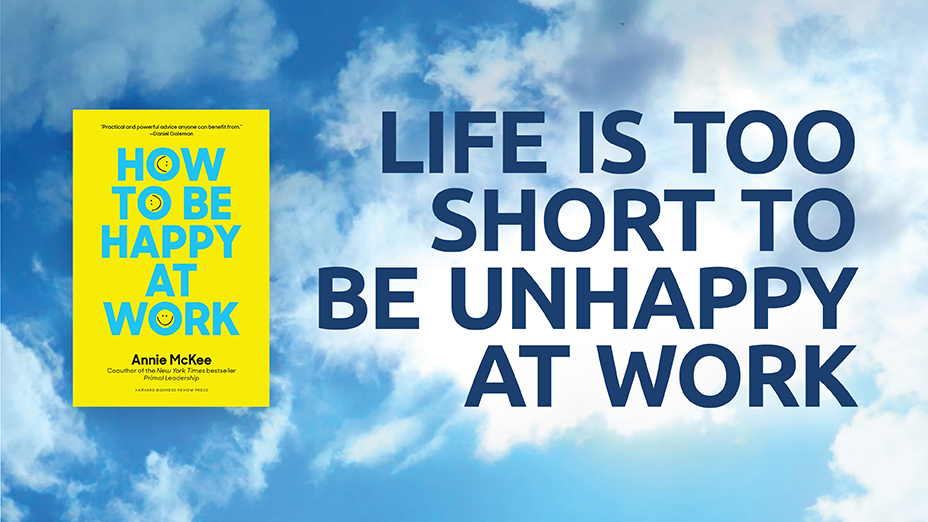According to a recent study by Deloitte, 90% of people consider themselves allies. There’s a disconnect, though.
In a 2022 study looking at a “continuum of allyship, from ‘anti’ or ‘ambivalent’ to ‘active’ or ‘advocate,’45 per cent of women in the C-suite say men are in the active or advocate stages — compared to 77 per cent of men in the C-suite. Similar variation is found in middle to senior management (36 per cent of women compared to 67 per cent of men) and lower management (28 per cent of women compared to 51 per cent of men).
When asked about men regularly taking actions to be allies of women, only 28 percent of women agreed, versus 49 percent of men, shows the State of Allyship-in-Action Benchmark Study .”
The LGBTQ2S+ community didn’t feel much differently... and the study didn’t get into the bias against people living with disabilities.
Here’s the thing: “ally” isn’t a title you give yourself - It can only be bestowed upon you by someone in the community you’re supporting.
So the big question is: How do you become an Active Ally?
Before we dive in, let’s open with what allyship is.
Active allyship is about taking action and using your privilege to stand up for those who need it, and making sure they know they always have your support: “a strategic mechanism used by individuals to become collaborators, accomplices, and co-conspirators who fight injustice and promote equity in the workplace through supportive personal relationships and public acts of sponsorship and advocacy.” (SOURCE: Tsedale M. Melaku, Ph.D.)
While a lot of the conversation around gender allyship is focused on men learning to become advocates, it’s important for women to ALSO be active allies for each other.
In any group, no two people are alike. “Women of color, women with disabilities, transgender women, women who are the first of their family to work corporate or professional jobs, women who are caregivers — all women deal with additional social, cultural, regional or community demands that may not exist fo rothers.” Called “intersectionality,” it’s an important part of the DEIB conversation - acknowledging everyone has unique experiences of discrimination or exclusion based on cultural, social, or economic backgrounds.
In my experience, there are three key things you can do to become an active ally:
- Recognize that one doesn’t have all the answers.
- Hold Space: Create an environment where others feel supported.
- Play the Long Game: Understand that progress takes time and continuous effort.
These components, when exhibited on an ongoing basis, are the foundation of psychologically safe teams with a deeper sense of belonging and alignment.
I want to talk about “holding space”; something you can do tomorrow when you’re back in the office. Let’s dig in!
Holding space for others is about:
1. Standing down to promote others
This is as simple as it sounds - giving others space to share their experiences and contributions.
Some of you may remember Alexis Ohanian (husband of Serena Williams and co-founder of Reddit) announcing his r esignation from the company's board, encouraging his colleagues to hire a Black candidate to replace him.
In an interview the next day with Serena, Alexis said he did this to make a better world for their daughter:
“This was not an easy decision at all...I thought about what I could do beyond a social media post, beyond a donation,” he continued, noting that while it may seem “counterintuitive,” he felt that the best way he could lead by example was by resigning from the board.
“We need diversity at the highest levels of business now more than ever,” Ohanian explained. “Once I realized why I needed to do it, it became very easy.”
YOUR ACTIVE ALLY ACTION: While Alexis used his privilege as an able-bodied, white man to make a big move, everyone can make similar gestures on a smaller scale.
As a leader, you could allow a different team member to be seen in a new way by presenting at an important meeting. What about the next time your team or sub-committee has an opening? Look at ALL possible candidates. How well does this team represent not only the entire organization but also the community you want to serve?
2. Speaking up for others
Often people are afraid to take that first step. Many people stand on the sidelines and will only cheer once someone else goes not only first, but someone goes second.
I was bullied when I was a kid. I think it’s important for us to realize when we are NOT being ACTIVE allies, to the marginalized person, it probably feels very much like being bullied.
3. Why don’t we speak up? Why don’t we stop it?
It’s FEAR! If we speak up for other people, there’s a chance that we will lose our ‘insider’ position and be on the outside. Then next time we might be the ones getting bullied.
If you haven’t read “First They Came,” a powerful poem by Pastor Martin Niemoller , I encourage you to do so.
YOUR ACTIVE ALLY ACTION: Look for and notice moments when you can speak up and when others speak up. Be that first person... definitely the second.
4. Recruiting others to stand down and speak up
Your example will inspire others.
When you stand down from a role on the team/committee, and when you’ve spoken up for someone in a meeting, notice who pays attention.
If you notice someone did or said nothing in the moment, follow up with them afterward and ask: I saw that you noticed that moment. How can I support you to stand down or speak up, to demonstrate your courage in the moment?
YOUR ACTIVE ALLY ACTION: When you see others doing it, connect with them later and show appreciation for their courage. Let them know how much it meant to you. Support people who DO speak up. The behaviours we recognize get repeated.
By no means is this article intended to be admonishing - I hope you view it as a thought starter. I encourage you to share this article with ALL your colleagues. Discuss the three tenets of active allyship in your next department meeting. Find ways to expand and support existing DEIB initiatives in your workplace.
As leaders, you have a unique opportunity and responsibility to learn about, become, and show active allyship every day. Demonstrating your commitment to creating a safe and inclusive space, helps you build a foundation for DEIB on your team and across your organizations.





.png)

.jpg)
%20(1).png)
What Did You Think?